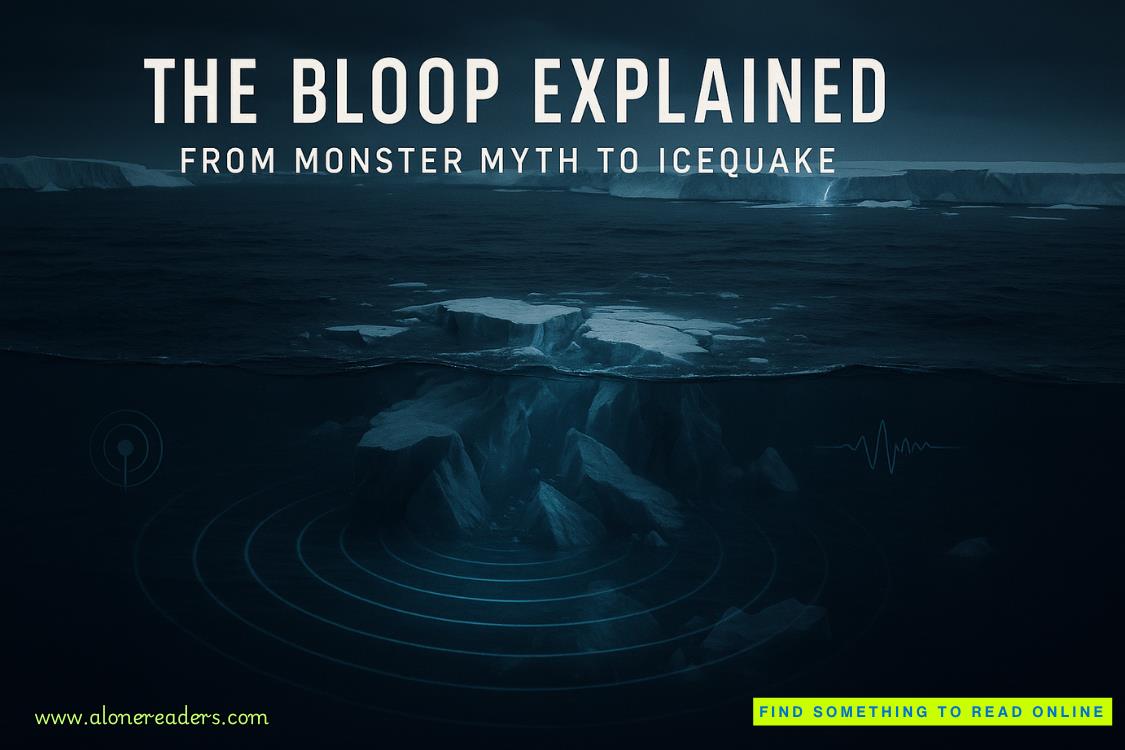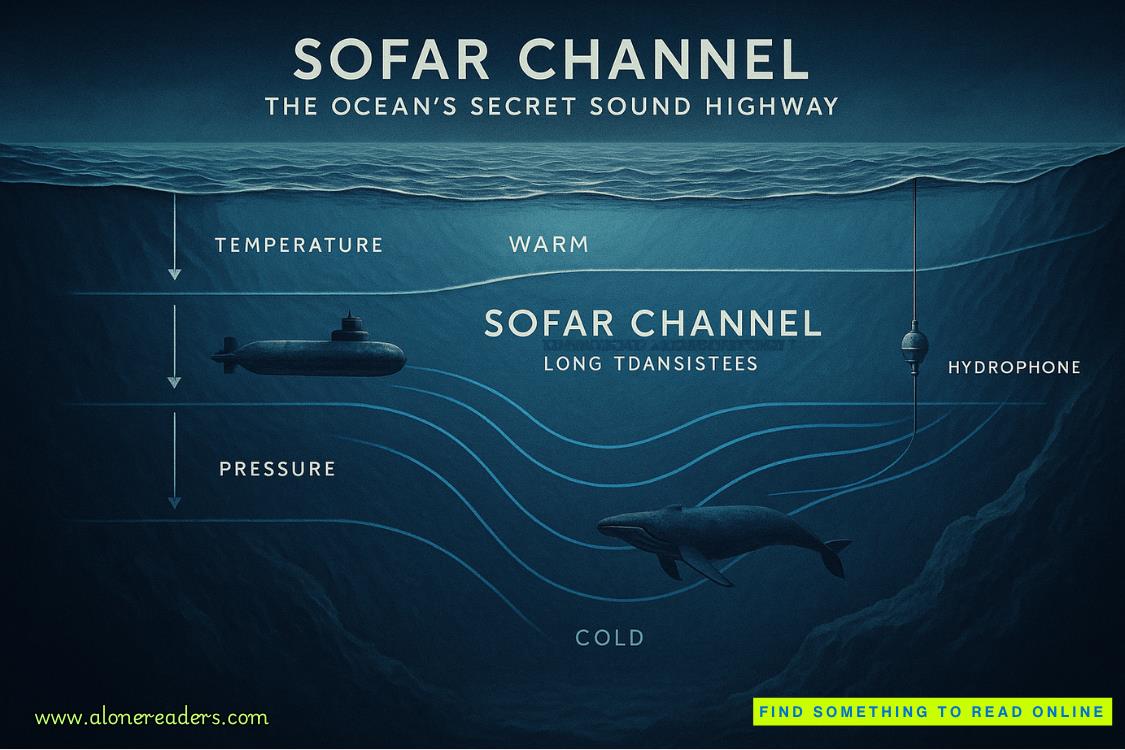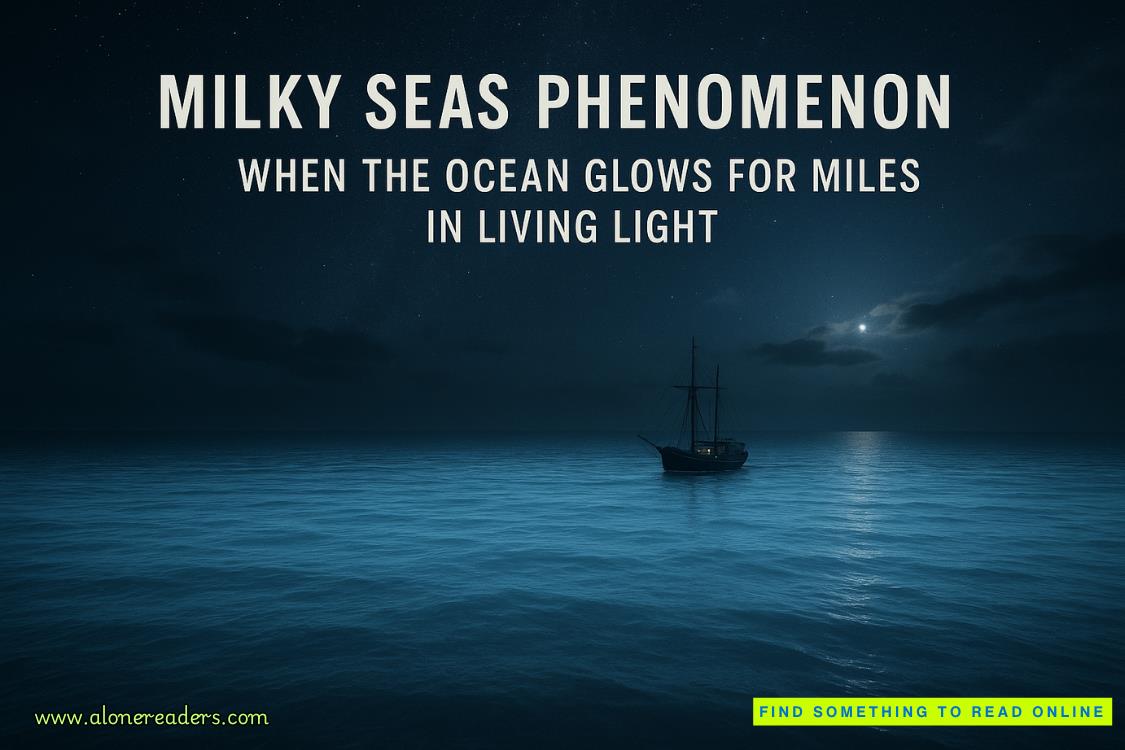"Ah, that place. " I shuddered. "That horrid, horrid place. "
"You began to scream and to cry. They sent someone for the Marquise herself because your nurse couldn't quiet you. "
"I was a dreadful child," I said, trying to shrug it off. Of course I did remember now -- screaming, being carried home, nightmares about the fires. Someone bathing my forehead and saying, "Lestat, wake up. "
But I hadn't thought of that little scene in years. It was the place itself I thought about whenever I drew near it -- the thicket of blackened stakes, the images of men and women and children burnt alive.
Nicolas was studying me. "When your mother came to get you, she said it was all ignorance and cruelty. She was so angry with the priest for telling us the old tales. "
I nodded.
The final horror to hear they had all died for nothing, those long-forgotten people of our own village, that they had been innocent. "Victims of superstition," she had said. "There were no real witches. " No wonder I had screamed and screamed.
"But m
y mother," Nicolas said, "told a different story, that the witches had been in league with the devil, that they'd blighted the crops, and in the guise of wolves killed the sheep and the children -- "
"And won't the world be better if no one is ever again burnt in the name of God?" I asked. "If there is no more faith in God to make men do that to each other? What is the danger in a secular world where horrors like that don't happen?"
He leaned forward with a mischievous little frown.
"The wolves didn't wound you on the mountain, did they?" he asked playfully. "You haven't become a werewolf, have you, Monsieur, unbeknownst to the rest of us?" He stroked the furred edge of the velvet cloak I still had over my shoulders. "Remember what the good father said, that they had burnt a good number of werewolves in those times. They were a regular menace. "
I laughed.
"If I turn into a wolf," I answered, "I can tell you this much. I won't hang around here to kill the children. I'll get away from this miserable little hellhole of a village where they still terrify little boys with tales of burning witches. I'll get on the road to Paris and never stop till I see her ramparts. "
"And you'll find Paris is a miserable hellhole," he said. "Where they break the bones of thieves on the wheel for the vulgar crowds in the place de Greve. "
"No," I said. "I'll see a splendid city where great ideas are born in the minds of the populace, ideas that go forth to illuminate the darkened comers of this world. "
"Ah, you are a dreamer!" he said, but he was delighted. He was beyond handsome when he smiled.
"And I'll know people like you," I went on, "people who have thoughts in their heads and quick tongues with which to voice them, and we'll sit in cafes and we'll drink together and we'll clash with each other violently in words, and we'll talk for the rest of our lives in divine excitement. "
He reached out and put his arm around my neck and kissed me. We almost upset the table we were so blissfully drunk.
"My lord, the wolfkiller," he whispered.
When the third bottle of wine came, I began to talk of my life, as I'd never done before -- of what it was like each day to ride out into the mountains, to go so far I couldn't see the towers of my father's house anymore, to ride above the tilled land to the place where the forest seemed almost haunted.
The words began to pour out of me as they had out of him, and soon we were talking about a thousand things we had felt in our hearts, varieties of secret loneliness, and the words seemed to be essential words the way they did on those rare occasions with my mother. And as we came to describe our longings and dissatisfactions, we were saying things to each other with great exuberance, like "Yes, yes," and "Exactly," and "I know completely what you mean," and "And yes, of course, you felt that you could not bear it," etc.
Another bottle, and a new fire. And I begged Nicolas to play his violin for me. He rushed home immediately to get it.
It was now late afternoon. The sun was slanting through the window and the fire was very hot. We were very drunk. We had never ordered supper. And I think I was happier than I had ever been in my life. I lay on the lumpy straw mattress of the little bed with my hands under my head watching him as he took out the instrument.
He put the violin to his shoulder and began to pluck at it and twist the pegs.
Then he raised the bow and drew it down hard over the strings to bring out the first note.
I sat up and pushed myself back against the paneled wall and stared at him because I couldn't believe the sound I was hearing.
He ripped into the song. He tore the notes out of the violin and each note was translucent and throbbing. His eyes were closed, his mouth a little distorted, his lower lip sliding to the side, and what struck my heart almost as much as the song itself was the way that he seemed with his whole body to lean into the music, to press his soul like an ear to the instrument.
I had never known music like it, the rawness of it, the intensity, the rapid glittering torrents of notes that came out of the strings as he sawed away. It was Mozart that he was playing, and it had all the gaiety, the velocity, and the sheer loveliness of everything Mozart wrote.
When he'd finished, I was staring at him and I realized I was gripping the sides of my head.















